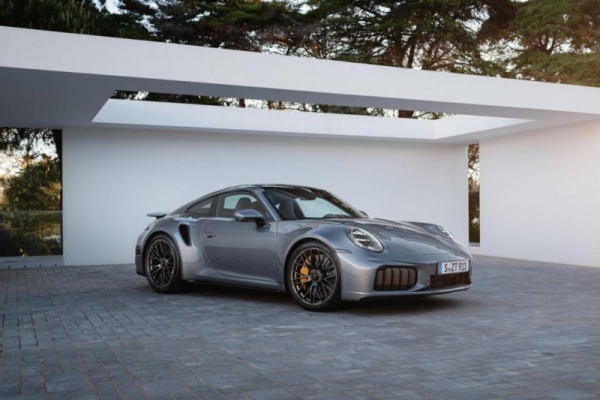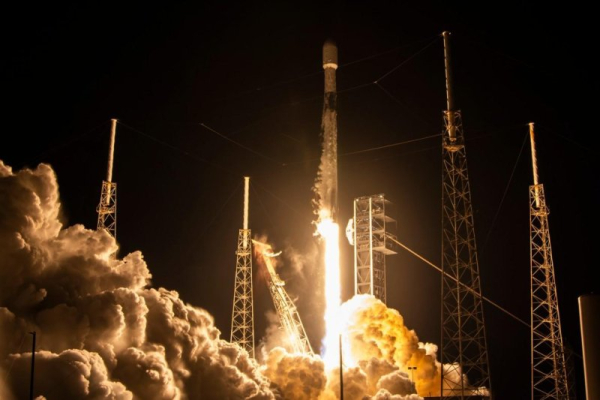
German automaker Porsche has unveiled a hybrid version of its flagship 911 Turbo S, making it the most powerful production model in the sports car's sixty-year history.
The sports car was unveiled on Sunday at the Internationale Automobil-Ausstellung Mobility (Internationale Automobil-Ausstellung Mobility) in Munich, Porsche announced in a press release.
Frank Moser, Porsche's vice president for the 911 and 718 model lines, called the hybrid “the most complete and versatile form” of the flagship model to date.
According to Porsche, the car is equipped with a new 3.6-liter flat-six engine, paired with a 400-volt electrical system that provides an immediate boost in power.
Together, they produce 711 horsepower and 800 Newton-meters of torque, which is 61 horsepower more than the previous model. Torque is the turning force that propels the car forward when the driver presses the accelerator pedal.
Porsche claims the car accelerates from zero to 62 mph (100 km/h) in 2.5 seconds, two-tenths of a second faster than before. It reaches 124 mph (204 km/h) in 8.4 seconds, and has a top speed of 200 mph (322 km/h), putting it among the fastest production cars in the world.
The pre-production version lapped Germany's Nürburgring Nordschleife in 7 minutes 3.92 seconds, some 14 seconds faster than the previous Turbo S model. Nicknamed the “Green Hell,” the track is considered one of the toughest tests of automotive endurance and handling.
Despite the added weight of the hybrid system, Porsche claimed the car is more agile and has improved cornering grip. Electric turbochargers help eliminate the lag drivers sometimes experience while waiting for a gasoline engine to respond, delivering faster throttle response.
The tech website Ars Technica praised the hybrid engine's “incredibly clever” design, which it said provides “remarkable” throttle response, more like that of an electric car, with no noticeable lag when the driver presses the gas pedal.
The model features active aerodynamics with new cooling flaps and an adjustable diffuser, which reduces drag by approximately 10%. These elements work like an airplane wing when reversing, pressing the car to the ground for stability and cutting through the air more efficiently.
Standard equipment includes Porsche Dynamic Chassis Control, which keeps the body flatter on tight corners, as well as carbon-ceramic brakes and larger rear tires for more effective braking and better traction.
Design changes include new wheel options, an upgraded interior, and signature “Turbonite” accents on the Porsche Crest and trim elements. Buyers can personalize the car through the Porsche Exclusive Manufaktur program, which offers lightweight carbon fiber parts, special paint finishes, and even a matching watch.
According to the company, the car will cost around $318,000, and deliveries to Europe will begin this year.
The debut demonstrates that hybrid systems are no longer limited to improving fuel efficiency. Porsche is using electricity to make its fastest car even faster and more responsive, demonstrating how the push for electrification is changing the sports car industry, a process already underway at competitors like Ferrari and Lamborghini.
Sourse: www.upi.com





